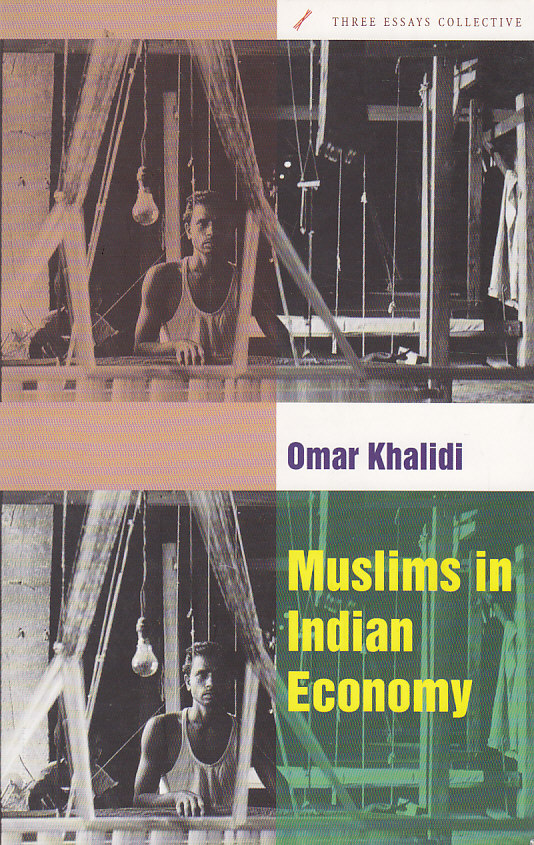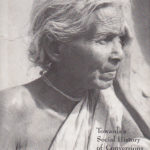Muslims in Indian Economy
£11.95
Omar Khalidi
Paperback 978818878950X
The various chapters focus on the pre-Independence legacy, the impact on Muslims of Partition and politics on ownership of assets, employment, access to education, public services or their role in labour, commerce and industry.
Description
The 130 million Muslims (2005) in India form the second largest Muslim population in the world. Scholarship on them has however focused on a limited range of issues. There is little by way of macro studies on the economic condition of Muslims in various parts of India.
What is the condition of the Indian Muslims at the dawn of the twenty first century? What is the demographic profile of the community? What is the percentage of its population in agriculture, industry and the tertiary sector? How do Muslims fare at the national level? Does the Muslim economic condition differ from state to state, given the regional imbalances in the country resulting from unequal develop-ment? How does Muslim economic condition in the early twenty first century compare with the recent and distant past? To what extent can the political changes account for these varia-tions? How does the economic profile of the Muslims compare with the majority Hindus, Dalits, and minorities like Christians, Sikhs and Parsis? Historians, politicians, journalists and others agree that Muslims in general lag behind other communities. Does Islam, or Islam as interpreted and lived, have anything to do with it? What is the role of the State in this matter? What is the record of the post-independence central and state governments? The author tries to answer some of these questions. He argues that understanding these issues is not only a matter of academic enquiry, but also necessary for taking appropriate corrective measures by the community leadership as well as by the state.
Muslims in Indian Economy is a report on the current status of the Muslim minority in India, particularly the Urdu-speaking Muslims.
Densely documented, with hard to find statistical data, written with an economy of words, no one remotely interested in Indian economy, society or politics can afford to ignore this immensely readable book.
Contents
Preface and Acknowledgements
Introduction
National Level
- Medieval and Colonial India
- Independent India
State Level
- Delhi
- Uttar Pradesh
- Bihar
- Deccan and Andhra Pradesh
- Karnataka
- Maharashtra
Summary and Conclusions
Appendix: Central Government Schemes and Commissions for Minorities
Dr. Omar Khalidi
- (1953 – 29 November 2010) was born in Hyderabad, India and was an eminent Muslim scholar, a staff member of MIT in the USA and an author. He was educated in India, the United Kingdom, and the United States. He is referred to as the “Chronicler of Hyderabad and as a champion of minority rights”. He is considered an international relations builder and his visits to various countries, sponsored by the US State Department, were a part of this effort.
The main subjects of his books are minority rights, history, architecture, economics, demography, politics, Urdu education, military history, library science, cataloging ethnic groups and nationalism. His incisive writings on minority rights inspired the Sachar Committee to seek a community wise census of the Indian armed forces. He had also authored several books and articles on Islam in America and mosque architecture.
His two books, Khaki and Ethnic Violence in India: Army, Police, and Paramilitary Forces During Communal Riots and Muslims in Indian Economy, had focused on the institutional discrimination against Muslims in India, creating furor in the Indian Parliament in 2006. L.K. Advani had verbally attacked him for allegedly tarnishing the secular credentials of the Indian army and personally held him responsible for the Sachar Committee’s request for a community wide census in India.
Additional Information
| By | Omar Khalidi |
|---|---|
| Published by | Three Essays Collective |
| ISBN | 978818878950X |
| Format | Paperback |




